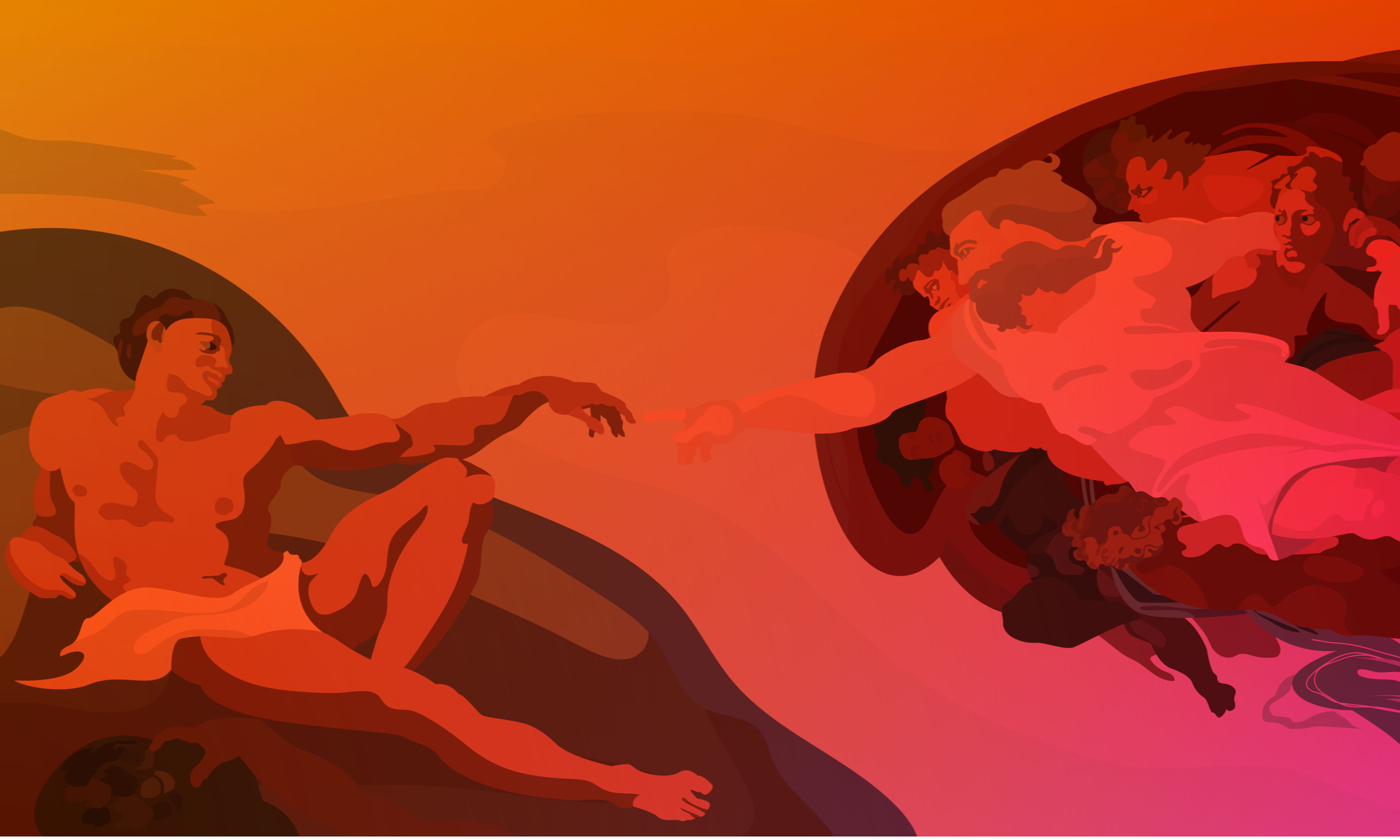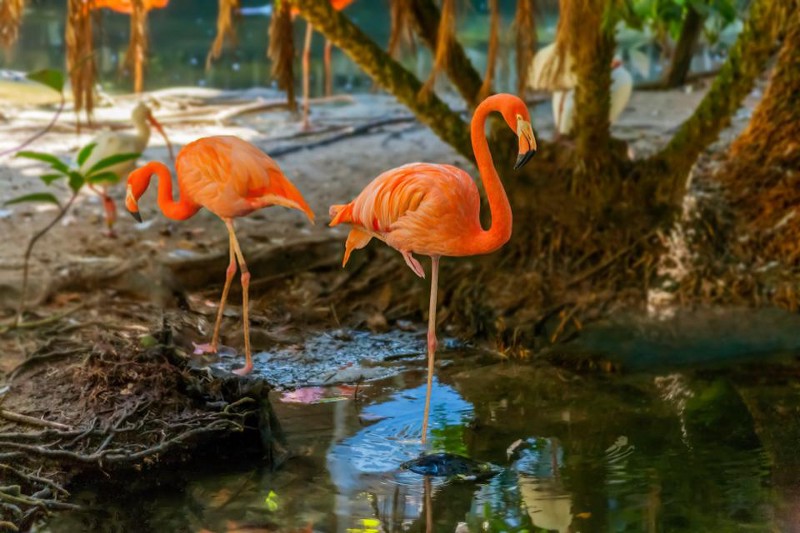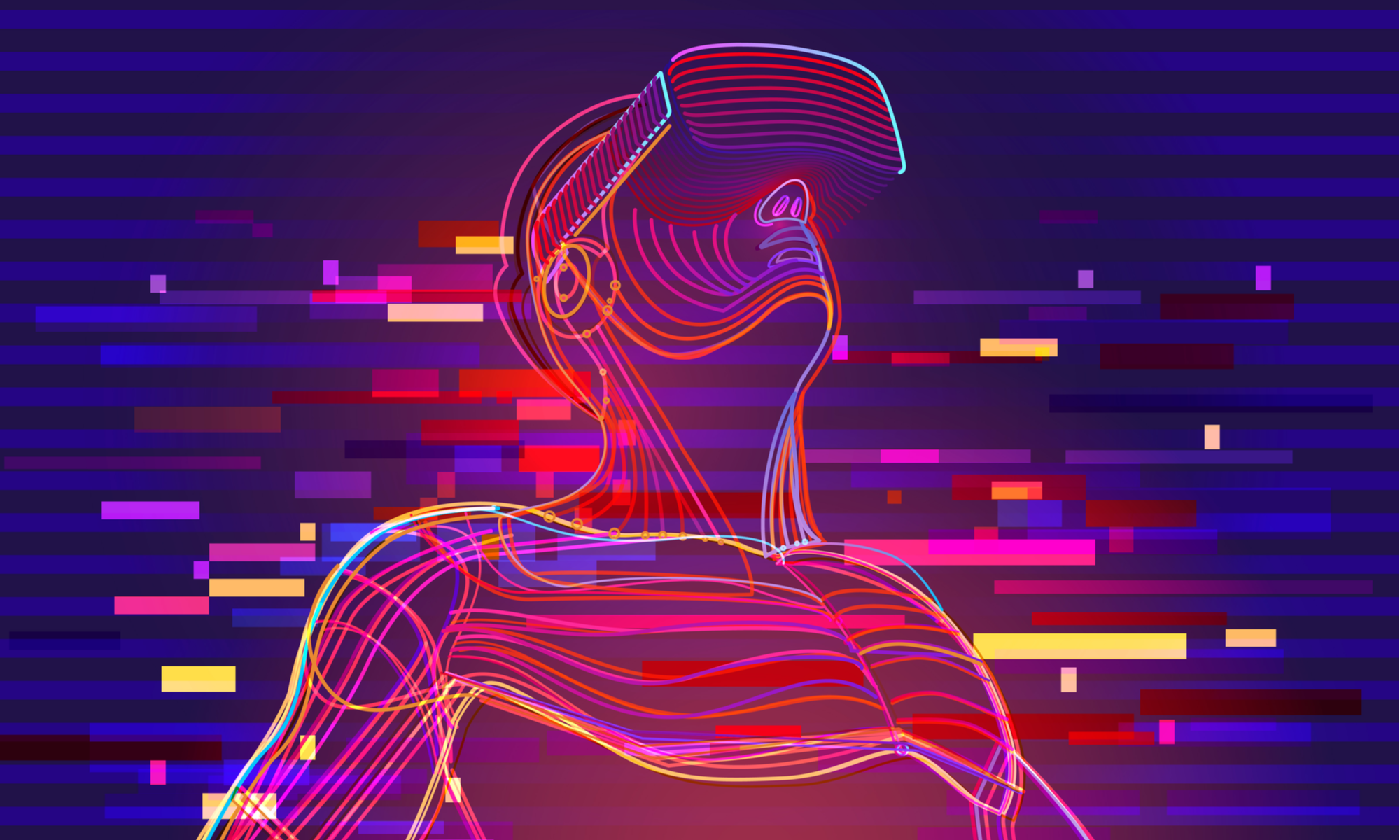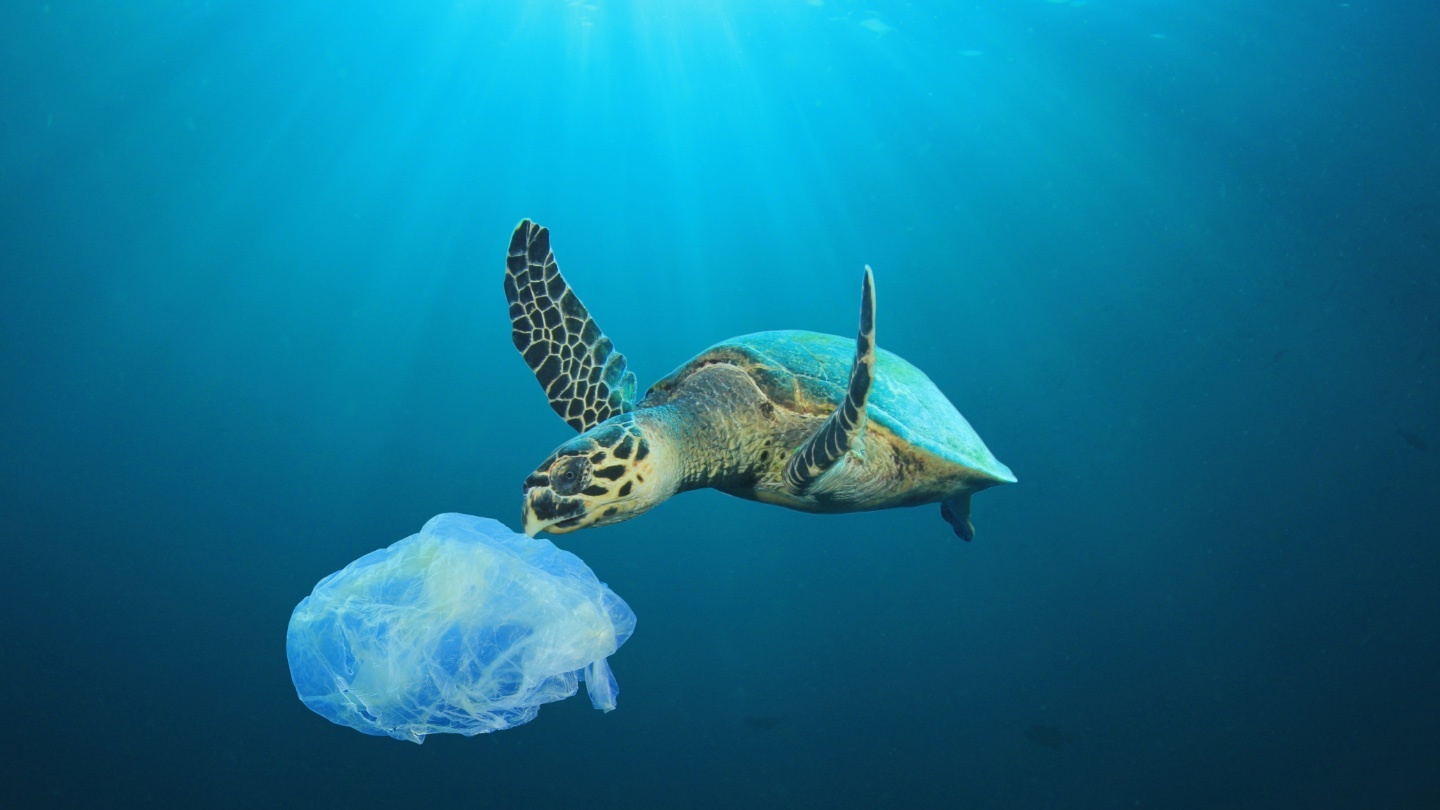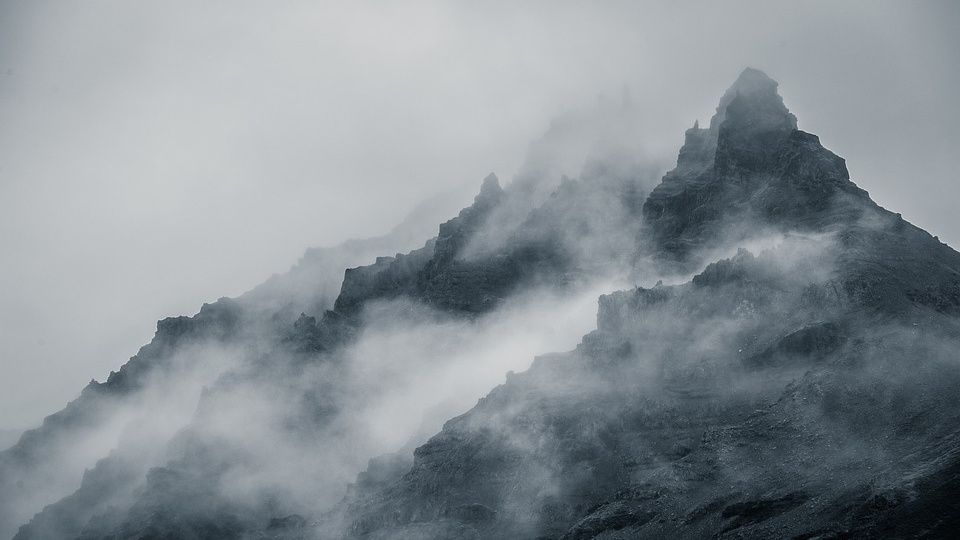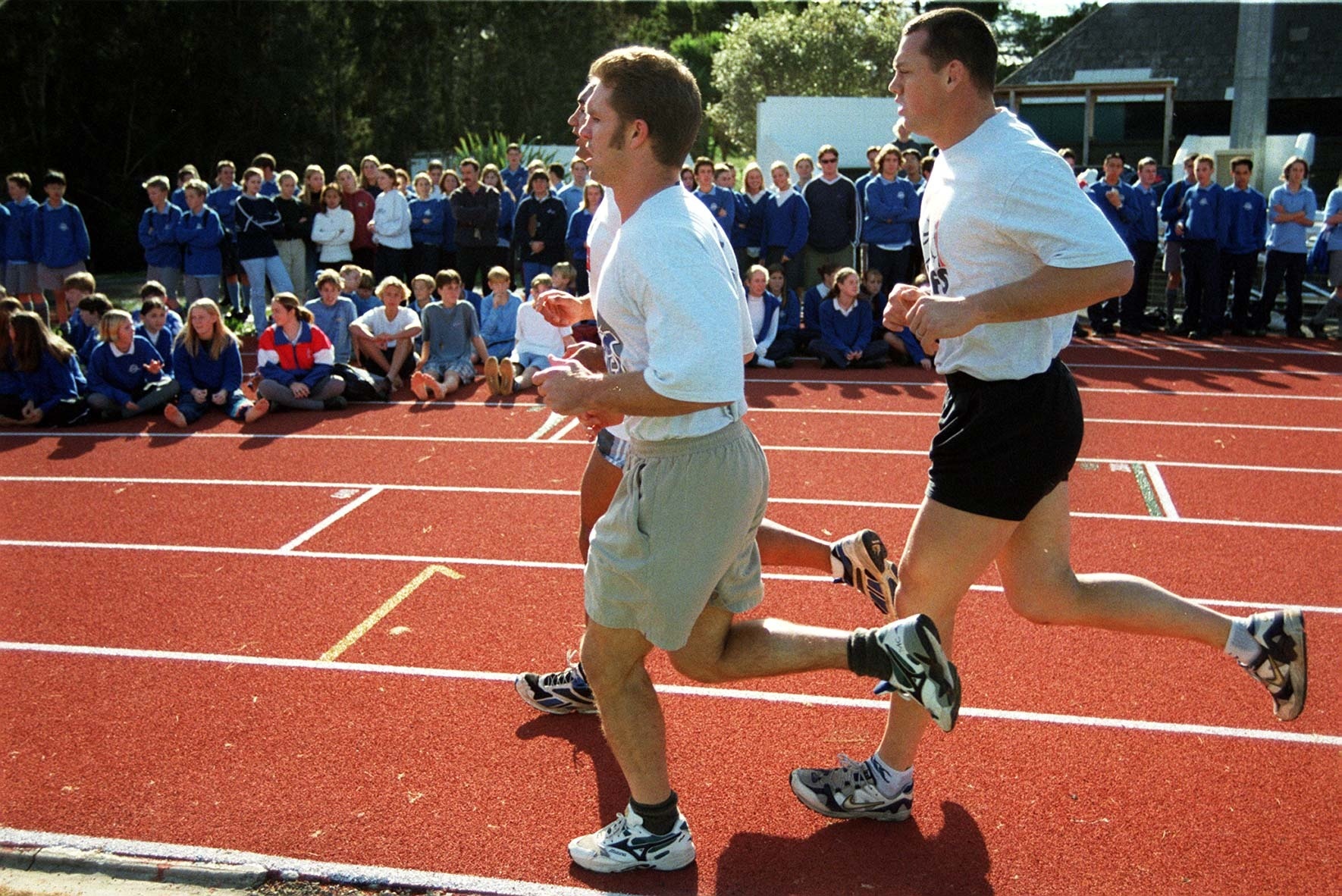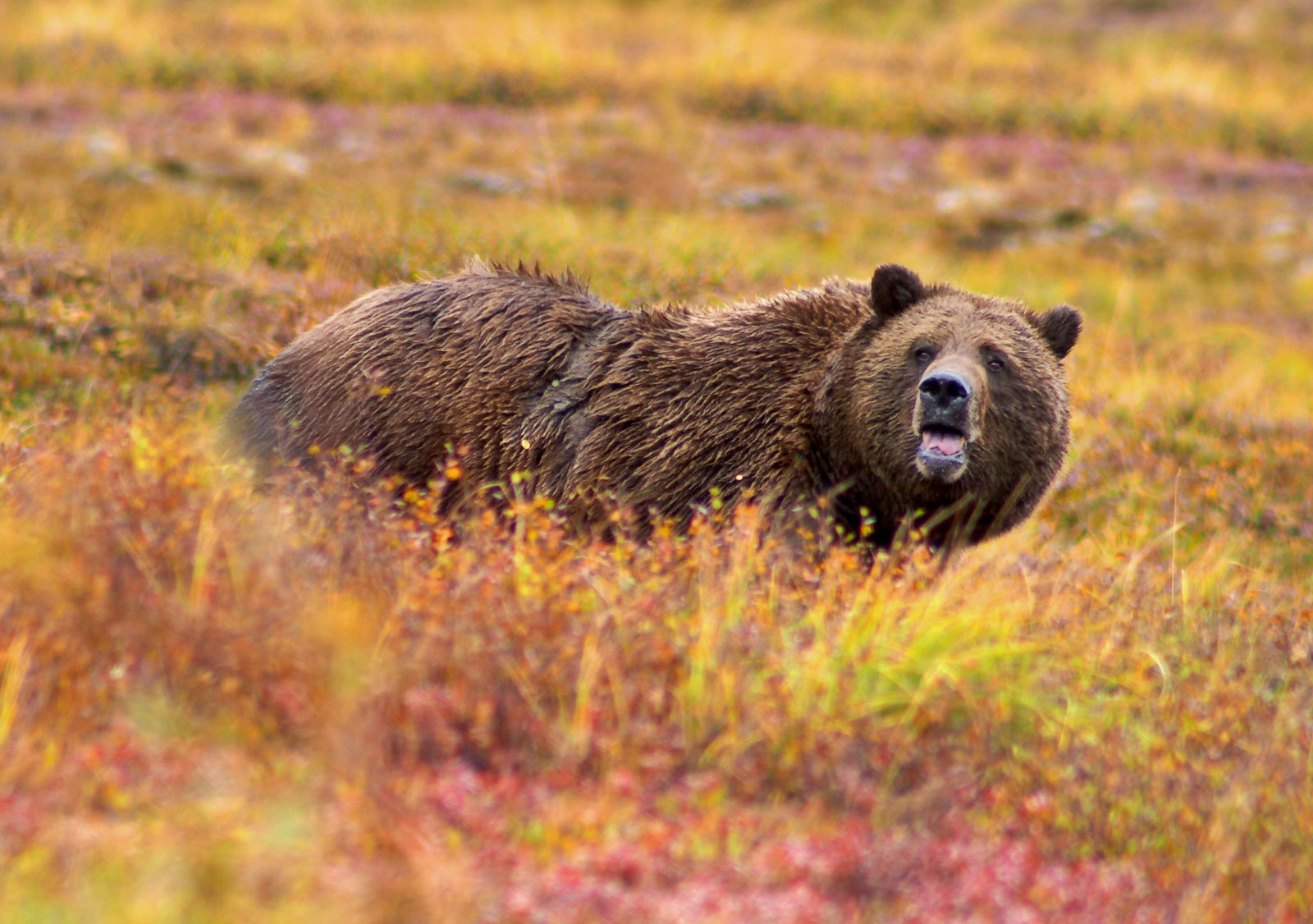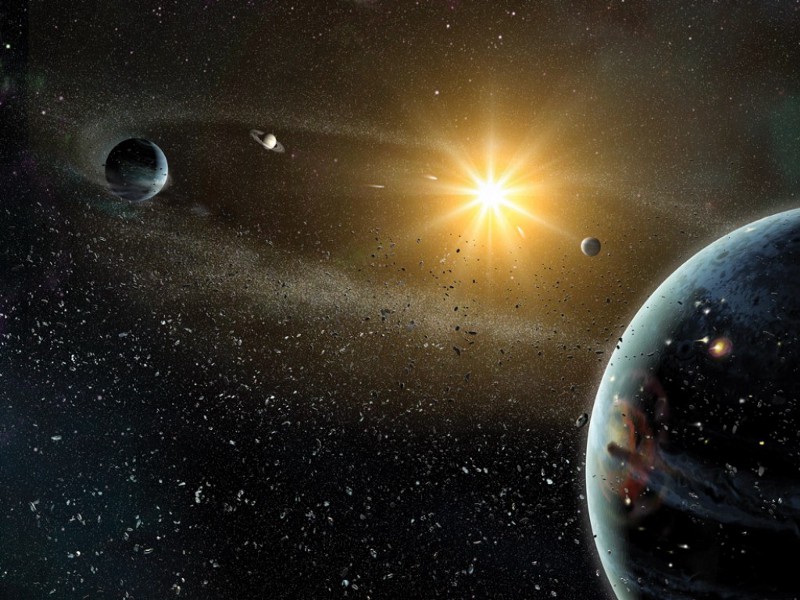The first in a three-part series on the history of research on the origin of life.
Search Results
You searched for: Fish
Protected animals are feared to be headed for the black market.
From animated umbrellas to polite-but-violent turtle-people, Japan’s folklore contains some extremely creative monsters.
There’s an enormous evolutionary advantage for flamingos to stand on one leg, but only physics explains why. Of all the natural marvels unique to planet Earth, the diversity of the living […]
Antidepressants are destroying underwater ecosystems, which we in turn eat.
It’s not the act of buying but how you spend money that improves happiness and life satisfaction.
Hearing-related problems are on the rise.
New evidence emerges that microplastics eaten by marine animals may be traveling up the food chain to our plates.
Some studies say they help, others say just the opposite. Let’s dig in to find the truth.
Amongst other things, you can’t get away with handling a salmon suspiciously in Scotland.
A new paper in Nature adds urgency to the fight against climate change.
Want to change your diet? The easiest method might be to start exercising.
People were about to start hunting grizzly bears in Yellowstone again, for the first time in 40 years. Thankfully, that has now been blocked.
The modern ocean can be a dangerous place for whales.
A new study suggests that switching to a Mediterranean diet in the later years can prolong your lifespan.
There might be hope for our oceans, thanks to one clumsy moment in a coral tank.
“This is a promising line of research because omega-3 fatty acids are thought to improve brain health in children and adults.”
They’re positioned as they are for a good reason.
Microplastics are everywhere in the ocean food chain. A new study suggests they might have another route into terrestrial animals.
Thanks to museum curators, there’s no shortage of the stuff.
The ICARUS Initiative aims to track migratory animals from space using special transmitters and antennae. The data retrieved from the project will help us conserve biodiversity but has the potential to promote human well-being and prosperity, too.
Eating a doughnut isn’t the only way you can go wrong on the keto diet.
It deploys nets to capture useless space junk.
The greatest danger to our planet is not pollution or climate change, but our own despair.
Researchers at the Georgia Institute of Technology have developed a compostable material derived from crab shells and tree fibers that might not only be able to replace plastic.
As a result of warming seas, at least 10 types of sharks currently found in warmer areas will likely be found in British waters in coming decades.
If you want to know what makes a Canadian lynx a Canadian lynx a team of DNA sequencers has figured that out.
A case for looking beyond the planetary scientist’s (or even the astronomer’s) definition. Ever since 2006, when the International Astronomical Union (IAU) officially defined the term planet — introducing the term ‘dwarf […]
Evolution doesn’t clean up after itself very well.
